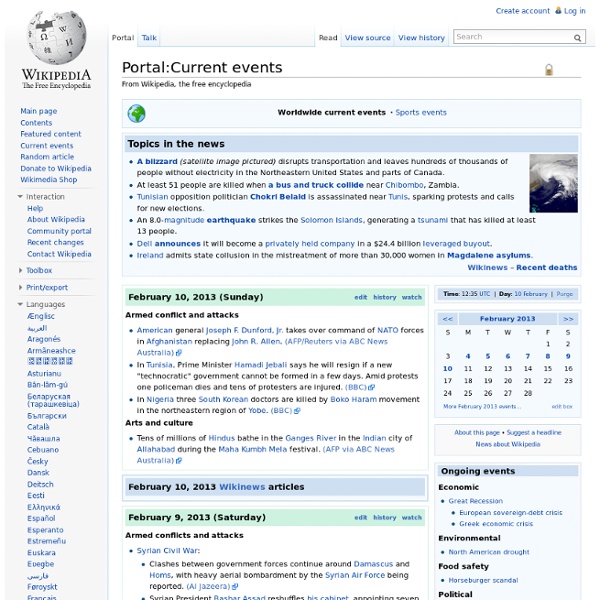



Portal: Contents Wikipedia editors have organized the vast content of the encyclopedia in several different "table of contents" and other forms for browsing. This page lists: Curated article collections – The most important articles on the most important topicsReference collections – Reference lists, timelines, glossaries, bibliographies, and discographiesSpecial format collections – Portals, books, and spoken audioComplete collections of articles – For when you want to see everything Wikipedia has on a topicCollections of articles by quality or popularity Curated article collections Overview articles Overview articles summarize in prose a broad topic like biology, and also have illustrations and links to subtopics like cell biology, biographies like Carl Linnaeus, and other related articles like Human Genome Project. Portal:Contents/Overviews lists overview articles from all areas of knowledge in a single page. Outline pages Third-party classification systems Most important articles for editors List pages
Category:Time Time is a measure of duration. It can mark change by operational definition, or by other technologies. By the 20th century, Albert Einstein came to regard time as a fourth dimension, along with space, within a spacetime. Subcategories This category has the following 24 subcategories, out of 24 total. Pages in category "Time" The following 117 pages are in this category, out of 117 total. Wikipedia Main Page Category:Chronology Chronology is the science of locating events in time. Methods of determining chronology are used in most disciplines of science, especially astronomy, geology, history, paleontology and archaeology. Subcategories This category has the following 19 subcategories, out of 19 total. Pages in category "Chronology" The following 56 pages are in this category, out of 56 total.
Category:Fields of history "Fields of history" refers to the categories professional historians use to classify their broad areas of work within the overall discipline of history. Some of these categories (e.g., cultural history, social history, intellectual history) refer to historical method rather than specific topic of study, while others coincide or partially overlap with the practical classification of history by topic. Articles in this category should be about the disciplinary fields themselves (e.g., Art history), not the subject matter of the fields (e.g., History of art). Subcategories This category has the following 33 subcategories, out of 33 total. Pages in category "Fields of history" The following 27 pages are in this category, out of 27 total.
Portal:History of science edit The History of Science Portal The content of science, as well as the meaning of the very idea of science, has continually evolved since the rise of modern science and before. The history of science is concerned with the paths that led to our present knowledge as well as those that were abandoned (and thus overlaps with the history of ideas, history of philosophy and intellectual history), and seeks to explain past beliefs—even those now considered erroneous—in their social, cultural and intellectual contexts. It also forms the foundation of the philosophy of science and the sociology of science, as well as the interdisciplinary field of science, technology, and society, and is closely related to the history of technology. The study of science and technology includes both processes and bodies of knowledge. Periodization in the historiography of science is usually oriented around the Scientific Revolution that culminated in the work of Isaac Newton. ...Archive edit Selected anniversaries